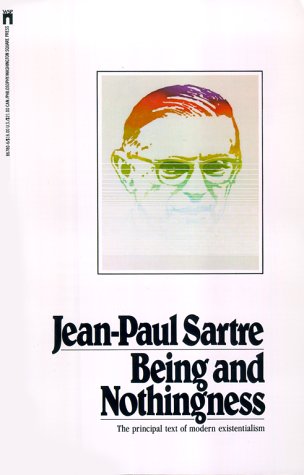
People continue to investigate this age-old mystery. Why do we dream? Deirdre Barrett's new theory suggests that dreams are not merely a side effect of REM sleep, or a Freudian gratification, rather a way of problem solving, critically thinking while we sleep. I believe this also has long been a colloquial answer to the mystery of dreaming... however, I believe that scientific credit to Barrett's ten years of research will do much good for the acceptance of shamanistic practices, which, like dreams, make us "ripe for the type of 'out-of-the-box' thinking that some problem-solving requires".
My hope is that one day, instead of reminding children to wash behind their ears, mothers and fathers will be shouting behind their children "don't forget to clean your brain!!" Our society already notices the importance of "clearing the mind". Perhaps one day LSD and DMT will be seen as evolutionary tools as simple as soap and hot water.
Even so, mystery will remain. When we dream are we problem-solving, or are We problem-solving? Perhaps the tiny pulse of dmt into our sleeping brains is enough to drop-us into the fabric, into the collective... maybe only half way. Even more, dreams might reveal something about our soul or show us that we are not alone.
As the universe seems to continually synchronize, I woke up this morning from the most terrible nightmare. More tremendous than all of my monster and dragon dreams combined, there were people killing people. It was a sight that I will not write down in my dream journal. The images are still burning my minds eye. After crying for some time, I got online to read and write about dreams. As I signed on to facebook, the top of my feed lent me this article on Barrett's research. Thank you Luke, Fredrik and David for participating in the synchronicity.
http://www.livescience.com/health/dream-problem-solving-100627.html








